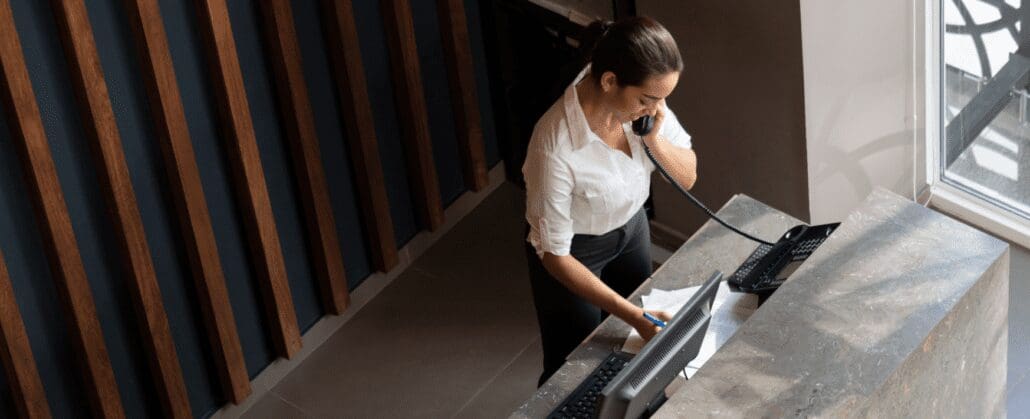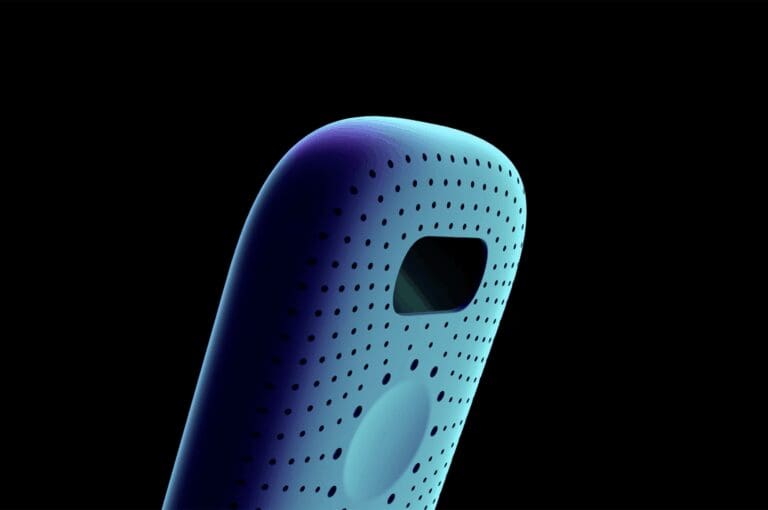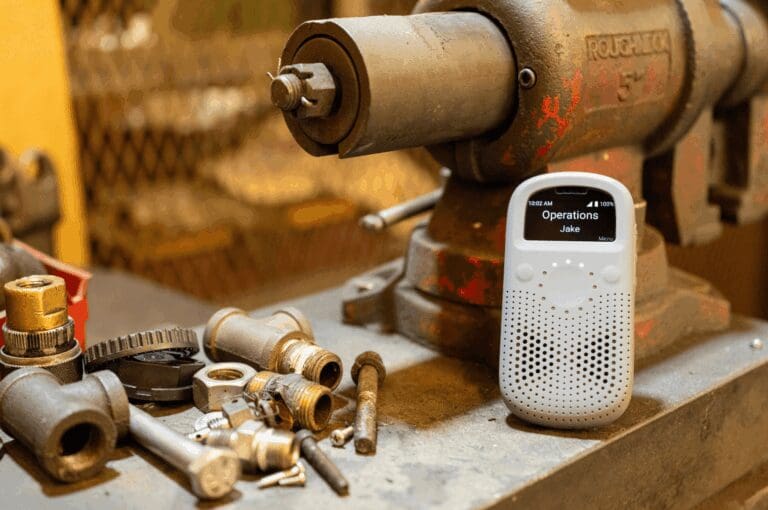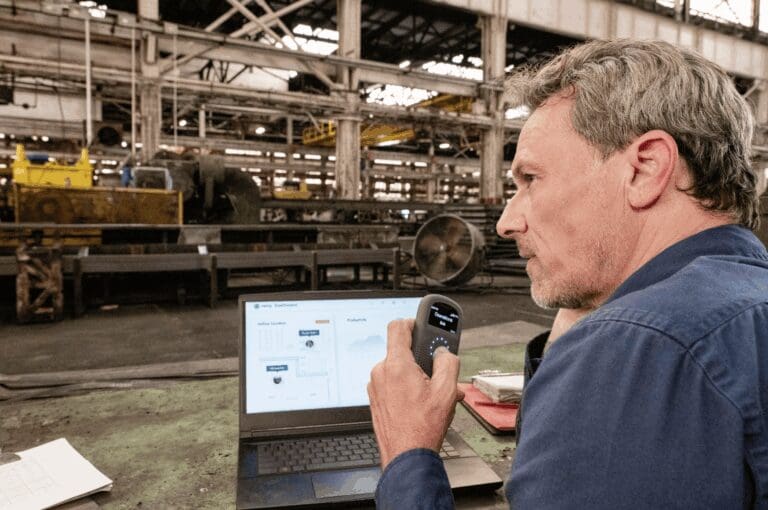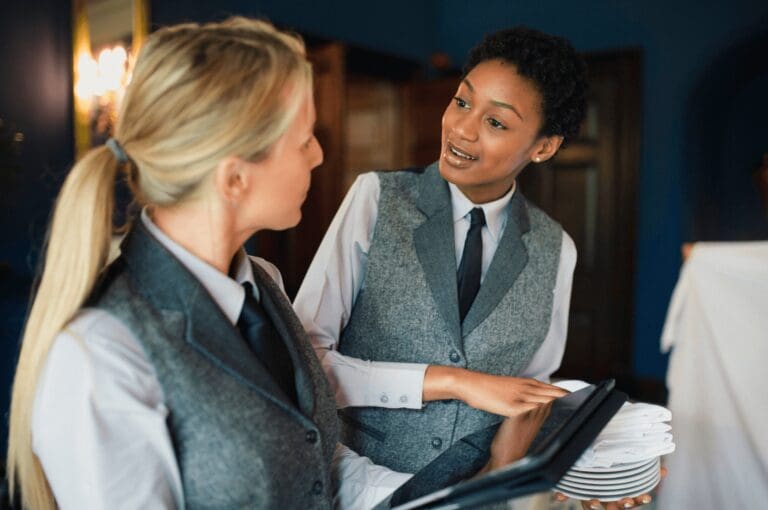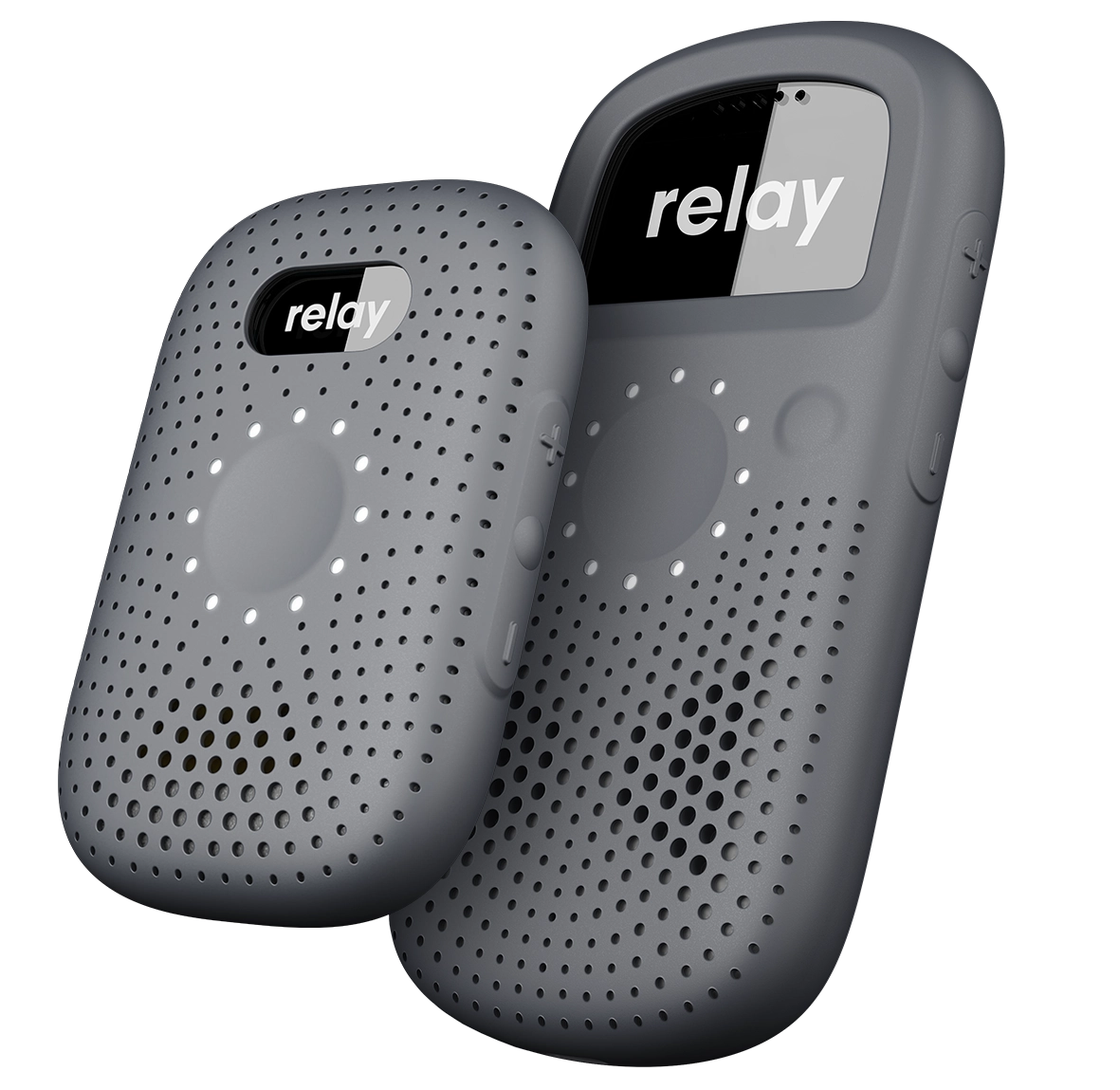While the hospitality industry is known for providing pampering experiences for guests, there’s a constant underlying pressure to keep an eye on spending. Then again, if you don’t spend, you can’t provide guests with the best possible experience, which feels contradictory as well as frustrating. The key is finding a balance between investing in your property and touchpoints, while constantly tracking your investments and payoffs. And hopefully, the payoffs far outweigh the spending.
Depending on your ultimate goals, you’ll probably have to spend a bit to earn even more. And so while it might theoretically seem counterintuitive to upgrade your technology to save money, it actually makes perfect sense.
We recently shared results from a survey we conducted that found 50% of hospitality workers might switch jobs for better tech. From smart thermostats to electricity monitors, there are some quick tech upgrades to keep in mind which will probably improve your bottom line.
1. Stop wasting energy
According to Energy Star, America’s estimated 47,000 hotels spend an average of $2,196 per available room each year on energy. If you’re wondering just what a big drain this is on resources, that represents about six percent of all operating costs.
Use tech to save
Try to identify the rooms or spaces that use the most energy and consider installing timers or other devices that automatically sense when someone isn’t in the room for a specific amount of time. Consider calling in a light designer who can help you set up a new system that will both appeal to guests, allowing them to shut lights when they’re not using their rooms or turn them off before they return.
2. Don’t overheat your space
Another major issue in the hospitality industry is the egregious waste of heating or cooling in unoccupied rooms. While it’s crucial to regulate temperatures to keep furniture and appliances from warping, there’s no need to overdo it when rooms might be empty for extended periods of time.
Use tech to save
The internet of things can extend beyond your home to your property as well. By setting up heating or cooling sensors throughout your hotel, you can keep rooms comfortably cool or warm without overspending. You can also monitor them from a specific hub or app. As with electricity usage, an energy efficiency consultant can help you understand where trouble spots might be.
3. Keep staff connected
When managing a large staff it can be difficult to keep track of individual employees, especially housekeeping staff who spend a large part of their days going room-to-room. While you’ll need to connect with remote staffers in case of an emergency, you can save time and energy by creating an interconnected network of devices that allow staffers to check in regularly.
Use tech to save
With the nationwide rollout of the so-called panic button laws for hotels, it’s inevitable that you’ll have to outfit your staff with associate alert devices at some point in the near future. By researching the best options now, you’ll end up saving both time and money. By choosing the best option for your staff and budget and figuring out any potential hiccups in advance, you’ll also protect the safety of your staff and guests.
And let’s face it; by continuing to allow staff to use personal mobile devices for hotel issues, you’re almost greenlighting them goofing off as well.
4. Integrate your finance and accounting
Large luxury chains have an advantage over independent properties in that they can afford software and automation products that can cost tens of thousands of dollars. But by searching around for alternate options, any property of any size can find similar products at a fraction of the cost.
Use tech to save
We noticed Hotel In A Box, which is described as being “a fully integrated finance and technology solution designed specifically for the hospitality industry,” is now affordably priced and more accessible to businesses of all sizes. By investing in a product to manage everything from property management, point of sale, payroll, and banking systems along with the capacity to create advanced reports you’re freeing up time that employees can spend creating more personal experiences for guests. By automating the repeat tasks, you have now have the potential to add more creativity to your suite of services as well.
5. Improve guest experience
Your guests rely on their smartphones to help them enjoy their stay, so why miss the opportunity to connect with them on a branded app as well? According to the Oracle Hospitality report, “room cleanliness is, by far, the most important criterion for overall guest satisfaction.” Along those lines, 35% of guests said they would like the ability to schedule room cleaning, and 26% said they would appreciate a smartphone notification indicating that their room was being cleaned.
Use tech to save
The Oracle report said that hotels for the most part “aren’t pursuing guest-facing technology to address such housekeeping requests. Rather, hotels are primarily using mobile technology to improve housekeeping staff performance.” While that’s a great approach, it leaves a giant gap in performance. By automating room cleaning updates, you’re also freeing up staff from having to constantly respond to questions about clean rooms or room availability.
